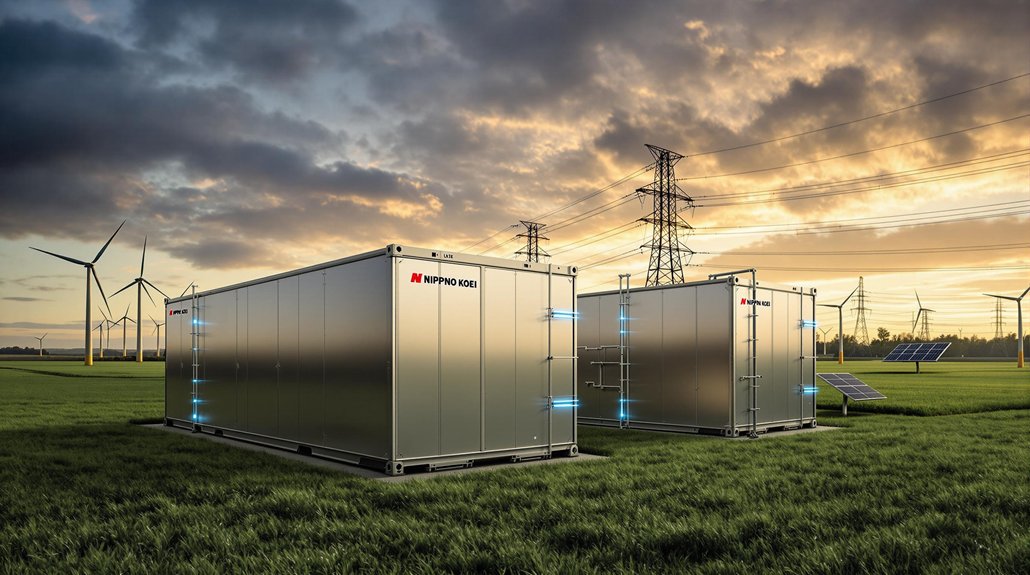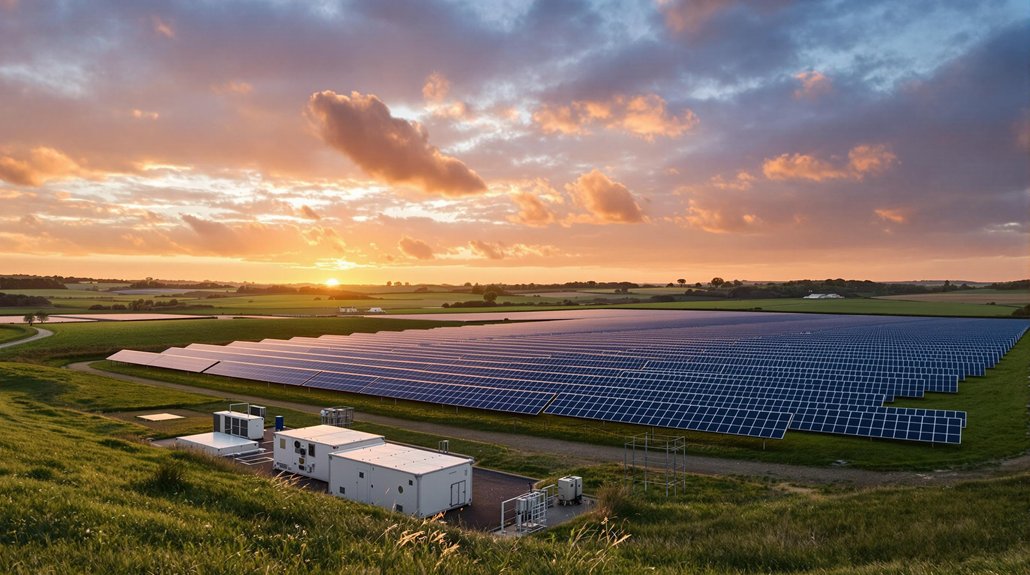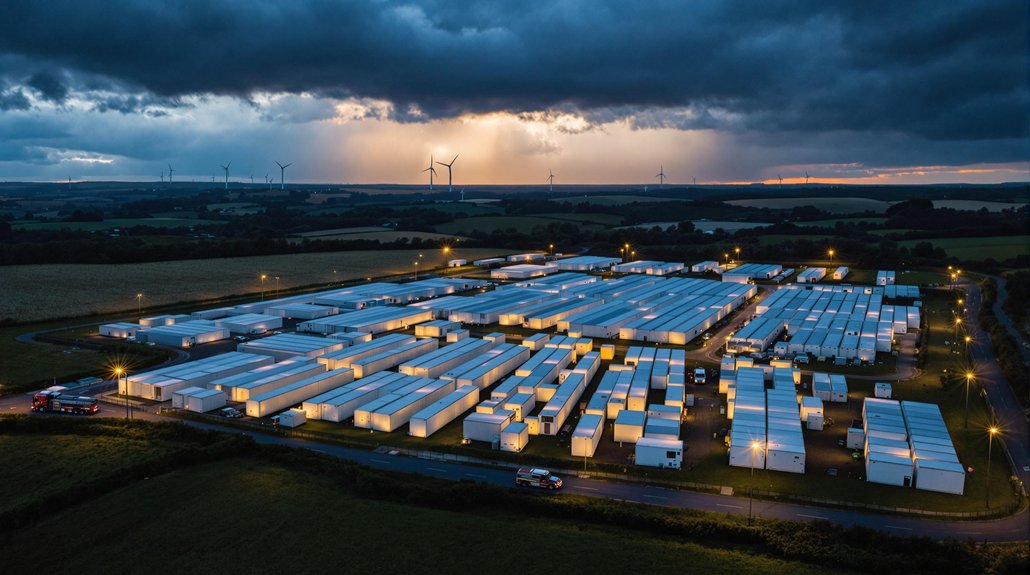Japanese engineering giant Nippon Koei has stormed into the UK energy storage market with a landmark £25 million joint venture alongside RNA Energy. The partnership establishes two 50MW behind-the-meter battery storage projects, creating a substantial 100MW contribution to the UK’s growing flexible energy infrastructure. Through this strategic move, Nippon Koei Energy Europe (NKEE) has secured an 80% ownership stake, while RNA Energy maintains 20% control of the venture. The company brings valuable expertise from its successful deployment of a 25 MW BESS in Belgium that now contributes to grid stability.
The joint venture’s implementation involves creating dedicated special purpose vehicles for each 50MW installation, reflecting a sophisticated approach to project finance and risk management. These grid-scale assets are specifically designed to provide crucial flexibility services that will enhance the stability of Britain’s increasingly renewable-dependent electrical grid.
I’ve observed similar structures proving effective in previous major storage deployments across European markets.
NKEE’s commitment extends beyond investment, as the firm will deliver thorough engineering, procurement, and construction services for both facilities. This dual revenue approach—combining ownership returns with EPC service provision—represents an intelligent market entry strategy for the Japanese firm.
The projects are positioned to support the UK’s ambitious target of deploying 24GW of battery storage capacity by 2030, an essential component of the nation’s decarbonization roadmap.
This investment represents part of a growing trend of Japanese corporate engagement in UK energy infrastructure. Nippon Koei has already established collaborative relationships with NEC Energy Solutions on additional British storage projects, demonstrating a broader strategic vision for its UK operations.
The behind-the-meter configuration of these batteries will enable sophisticated load management and provide valuable ancillary services to the National Grid. As renewable penetration continues to increase, such flexible assets will prove increasingly crucial for grid balancing, frequency response, and energy time-shifting.
The £25 million committed to these projects reflects confidence in the UK storage market, which analysts project could attract up to $20 billion in investments by decade’s end. The development aligns with current smart charging solutions discussed extensively by industry leaders in the EV infrastructure space.
These storage installations are expected to integrate with renewable energy sources to significantly reduce carbon footprints while optimizing operational costs across the grid.









